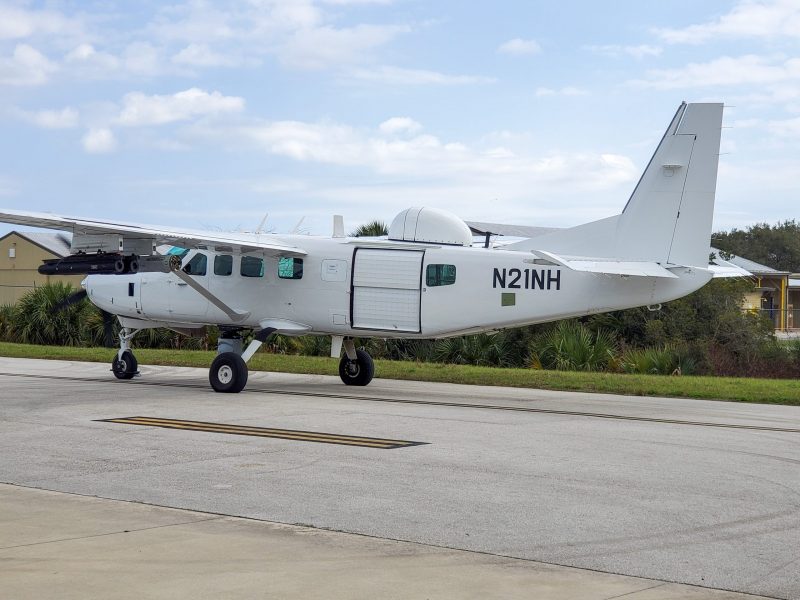IARPA posts RFI for compact magnetometers
 On August 8, the Intelligence Advanced Research Projects Activity posted a request for information on compact magnetometers (Solicitation Number: IARPA-RFI-17-07). Responses to this RFI are due no later than 5:00 p.m., Eastern Time, on August 25.
On August 8, the Intelligence Advanced Research Projects Activity posted a request for information on compact magnetometers (Solicitation Number: IARPA-RFI-17-07). Responses to this RFI are due no later than 5:00 p.m., Eastern Time, on August 25.
The Intelligence Advanced Research Projects Activity (IARPA) is seeking information on research efforts in the area of sensitive, compact magnetometers. This request for information (RFI) is issued solely for information gathering and planning purposes; this RFI does not constitute a formal solicitation for proposals. The following sections of this announcement contain details of the scope of technical efforts of interest, along with instructions for the submission of responses.
Background & Scope
Compact, sensitive magnetometers can enable or enhance the capabilities of a number of critical needs ranging from nuclear magnetic resonance imaging (NMRI) to precision navigation without GPS. Superconducting Quantum Interferences Devices (SQUIDs) can detect single flux quanta but the cooling requirements for the superconducting materials in the Josephson junctions at the heart of SQUIDs limit their usefulness for many applications. Alternatively, Optically Detected Magnetic Resonance (ODMR) devices do not require cooling and can therefore be extremely compact with sensitivities approaching those of SQUIDs. In addition, some ODMR devices can provide a high-bandwidth and direct measurement of the vector field (as opposed to forming vectors from multiple independent scalar measurements).
IARPA is interested in current state-of-the-art (SOTA) capabilities in compact, highly sensitive magnetometry for a range of applications. Responses to this RFI can describe both existing and planned detector concepts. Existing applications or areas of interest to IARPA include, but are not limited to:
• NMRI
• Nanometer-scale NMRI
• Detection of biological magnetic signals including, for instance, from the brain and heart
• Magnetic field gradiometry for navigation and forensicsThis RFI seeks approaches to magnetometry that are:
• Highly sensitive (approaching the single-flux quanta level)
• Highly compact (suitable for manufacturing in arrays)
• Inherently ruggedizable (robust against vibration, temperature shifts, shock, etc.)
• Low powerFull information is available here.
Source: FedBizOpps








